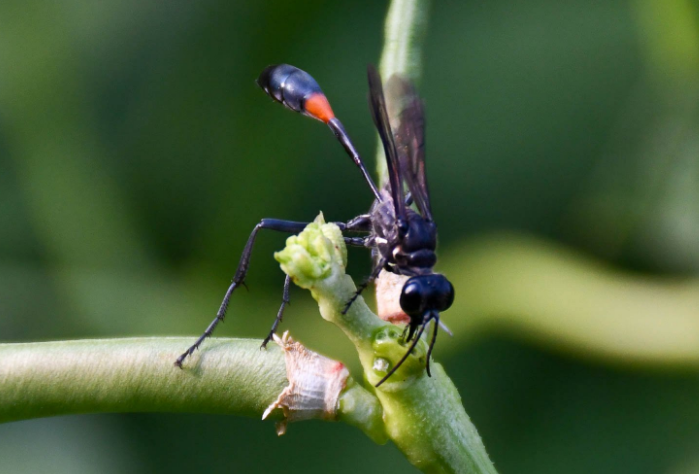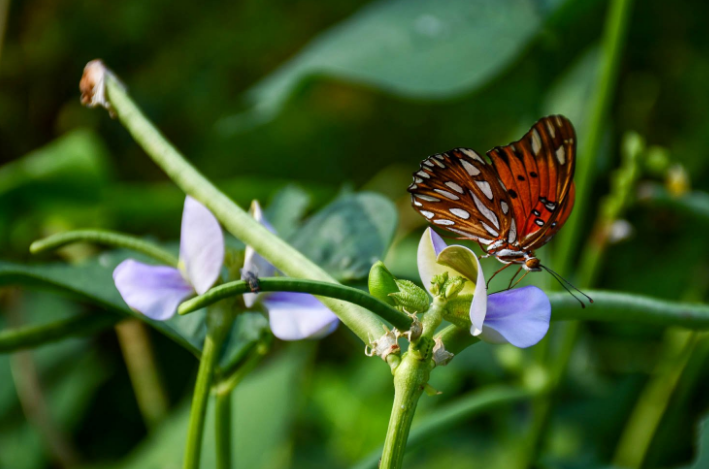This is my experience sharing about seed sowing, I hope it will be useful for flower lovers.
Many herbs, such as thyme and hyssop, can be sown in winter, but they need a long, slow growing season, no sugar, bright light, so they must be sown under glass or light.
 1. Don’t think that “climate” crops need cold weather to grow. This is a common mistake, but one that many of us make.Parsley plants can withstand freezing temperatures, but if planted and grown too early, they can develop mold and die after flowering in early summer. Celery has the same problem. These foods shouldn’t affect your lower 40s, so start at the same time as tomatoes. Artichoke plants are important.
1. Don’t think that “climate” crops need cold weather to grow. This is a common mistake, but one that many of us make.Parsley plants can withstand freezing temperatures, but if planted and grown too early, they can develop mold and die after flowering in early summer. Celery has the same problem. These foods shouldn’t affect your lower 40s, so start at the same time as tomatoes. Artichoke plants are important.
This is because the plants, exposed to the cold for a week or two, try to trick them into thinking that the winter is short and that the flowers will bloom. Remember that cold temperatures, like the sun, send a message to your plants. Few people benefit from an early start, and most of us are surprised at how quickly seeds sown in May grow. Of course, some crops should be planted early, but it all depends on the weather. Most cool climate crops are better adapted to long, cool autumns than spring autumns. Safe choices for early outdoor plants include lettuce, spinach, peas, onions, radishes and arugula. Seeds can be planted when the ground thaws. However, while all brassicas are hardy and prefer to grow in high temperatures, mature plants can withstand light frosts, but according to new research it is better to sow late in the sowing so that the cabbage roots do not sprout first. what’s the rush In any case, it is best to sow Brussels sprouts in late to mid-June. The fact is that the length of the day affects the time when germination begins in the fall. Don’t buy plants from the nursery in May.
2. Check if the sown seeds can be frozen.Not all seeds can be frozen, according to the UC Davis Seed Biotechnology Center. First, do your research and research online to find out if the seeds you planted need to be frozen before they flower.
3. learn about your local climate and then learn about where your sowing inspiration lies and your garden. I like to follow other experienced gardeners and read their posts about their seed germination adventures and winter sowing. This will allow me to gain more experience and knowledge.



